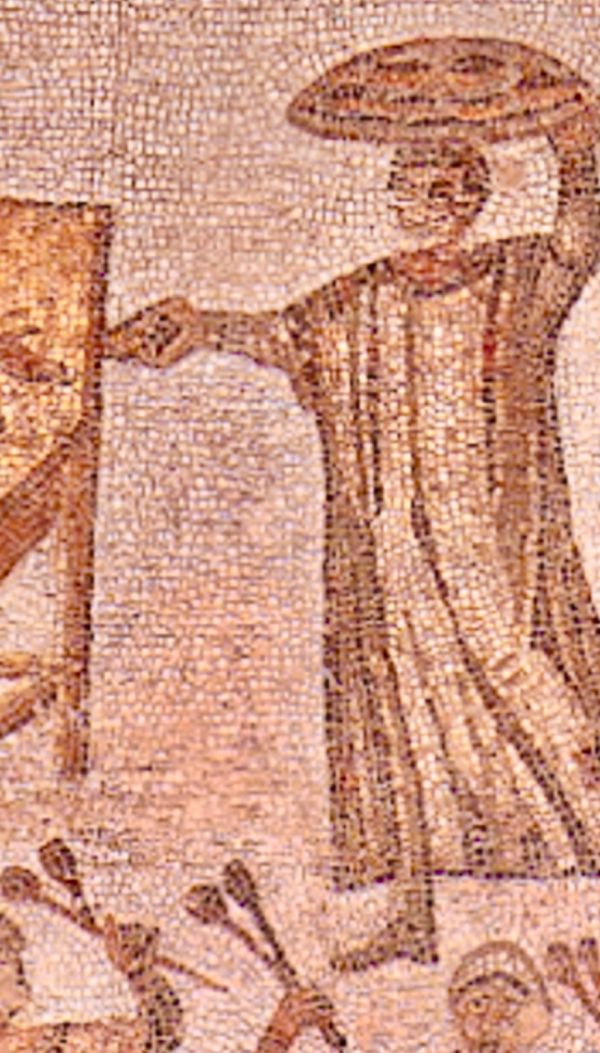Manifestations of God’s power on earth: nothing external
(Mk 8:11-13)
Jesus clashes with disbelief, stemming from various blinding, or that arises from inattention.
Incarnation: there are no other valid Signs than the events and new relationships with oneself and others - which present the very and unheard-of Person of the Risen One.
God is no longer the pure transcendence of the Jews, nor the peak of the ancient world wisdom: Trace of God is the story of Jesus living in us. He opens the way that leads to the Father.
The «Pharisees» to wich Jesus turns are those of his communities (cf. vv.10-11), who were trying to frame the Messiah in the pattern of normal expectations.
They found it difficult to embrace the idea of the Son of God as a Servant, confident in ‘dreams’ without prestige.
In short, Christ wants a change of pace that can mark the demise of the blatant society, dehumanizing, of the outside world.
“Popular” leaders often miss the meaning of the Sign-Person: Christ the Food of Life.
Because of them, not the distant ones, our Lord «groans in the spirit» (v.12) - saddened by such blindness.
Life is precluded to those who do not know how to shift their gaze.
Immediately after Mk 8:15 refers to the danger of the dominant ideology that made the same guides lose the objective perception of events.
A coarse «yeast» but rooted in the painful experience of the people; and that stimulated strange “pufferies” even in the disciples, contaminating them.
To the firsts in the class it might have seemed that Jesus was a leader like Moses, for he had just fed the starving people in the desert (vv.1-9).
But the rejection is sharp: Mk makes him vivid by emphasizing both the Master’s sense of suffering and His radical, peremptory denial (vv.12-13).
To those who don’t want to open their eyes except to have their senses captured, because they remain tied to an ideology of power - the Lord does not reserve impressive confirmations «from heaven» (v.11) that of it would be paradoxical validation.
The only sign is and will be his living Church, the Risen One pulsating in all those who take Him seriously.
But He doesn’t bestow any cosmic display forcing spectators to bow their heads.
[Over the centuries we have sometimes fallen into this temptation that dries us up: looking for marvellous signs and flaunting them to silence opponents]...
Stratagems for a banal attempt to shut the mouth to those who conversely ask for experiences of concrete disalienation; of being one humanity in the Master, remaining themselves.
In our soul we have a fresh power, which not let itself be impressed by flashy, glaring things.
The only Sign of salvation is the ‘image and likeness’ of humanity, new; Manifestation without expedients, of God’s power on earth.
Christ inside. Nothing external.
[Monday 6th wk. in O.T. February 17, 2025]












